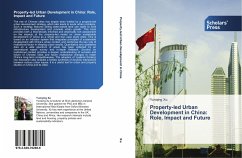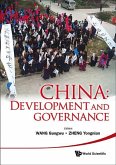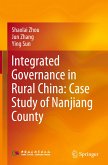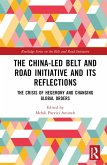The rise of Chinese cities has largely been fuelled by a property-led urban development strategy, which also leads to acute urban problems. Such a strategy features selling state-owned land use rights to fund infrastructure development and promote urban growth. This book provides both a theoretically informed and empirically rich assessment on the impacts of the property-led model on urban sustainable development of China as a whole and four case study cities. This is based on an indicator system that integrates principles of sustainable development with China s urban context, and reinforces the key role of institutional factor in shaping urban results. Quantitative and qualitative data on a wide spectrum of areas has been collected by an international expert survey and in-depth fieldwork. Scrutiny on institutional context provides a deeper understanding of success and failure of Chinese cities and future institutional changes to retain China s long-term competitiveness. The adoption of systems thinking into discussion also enables a holistic synthesis of dynamic interactions between various urban issues. It is a useful text for urban and property studies on China and its cities.
Bitte wählen Sie Ihr Anliegen aus.
Rechnungen
Retourenschein anfordern
Bestellstatus
Storno








